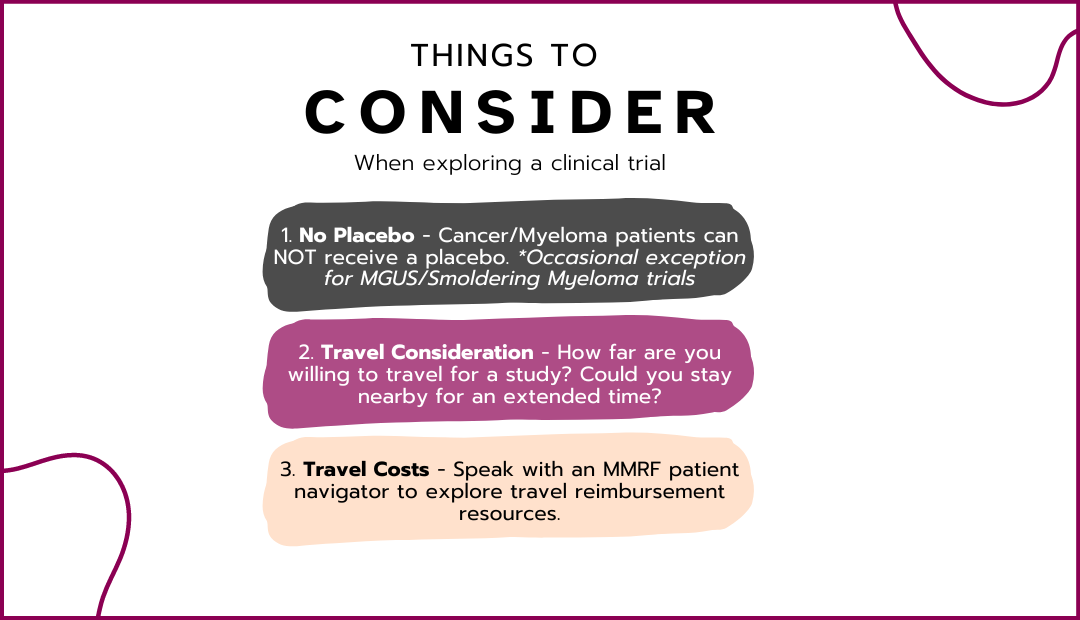A Study of Different Sequences of Cilta-cel, Talquetamab in Combination With Daratumumab and Teclistamab in Combination With Daratumumab Following Induction With Daratumumab, Bortezomib, Lenalidomide and Dexamethasone in Participants With Standard-risk Newly Diagnosed Multiple Myeloma
NCT06577025
Age 18 - 70
Sex Both
Phase Phase 2
Third Opinion Trial Synopsis
In this clinical study, researchers are exploring a new treatment approach for patients with a specific type of blood cancer. The study focuses on using a combination of therapies to improve patient outcomes. Here are some key details about the study:
- The treatment involves a combination of different drugs that work together to target the cancer cells more effectively.
- This study is unique because it looks at how these combinations can be tailored to individual patients, potentially leading to better results.
- Patients will receive the treatment in a controlled environment, allowing researchers to closely monitor its effects and adjust as needed.
- The study aims to understand the best ways to use these combinations, including the timing and dosage of each drug.
- By focusing on personalized treatment plans, the researchers hope to enhance the effectiveness of the therapy and reduce side effects.
Third Opinion AI Generated Synopsis
Trial Summary
The purpose of this study is to evaluate the rate of response (how effectively treatment is working) with signs of potential cure at 5 years after the start of induction treatment. This is defined as a composite of sustained (at least 2 years) minimal residual disease (MRD) negativity with complete response/stringent complete response (CR/sCR) and a positron emission tomography/computed tomography (PET/CT) scan that does not show any signs of cancer at 5 years. MRD negativity and CR/sCR is defined as no detectable signs of remaining cancer cells after the treatment. This study will also characterize how well the treatments administered work in the study through progression-free survival (PFS). PFS is defined as the length of time during and after the treatment of a disease, that a participant lives with the disease, but it does not get worse.
The purpose of this study is to evaluate the rate of response (how effectively treatment is working) with signs of potential cure at 5 years after the start of induction treatment. This is defined as a composite of sustained (at least 2 years) minimal residual disease (MRD) negativity with complete response/stringent complete response (CR/sCR) and a positron emission tomography/computed tomography (PET/CT) scan that does not show any signs of cancer at 5 years. MRD negativity and CR/sCR is defined as no detectable signs of remaining cancer cells after the treatment. This study will also characterize how well the treatments administered work in the study through progression-free survival (PFS). PFS is defined as the length of time during and after the treatment of a disease, that a participant lives with the disease, but it does not get worse.
from ClinicalTrials.gov
Locations & Contact
Fill out the form and to let the Multiple Myeloma Research Foundation know you are interested in this trial.
Contacts:

